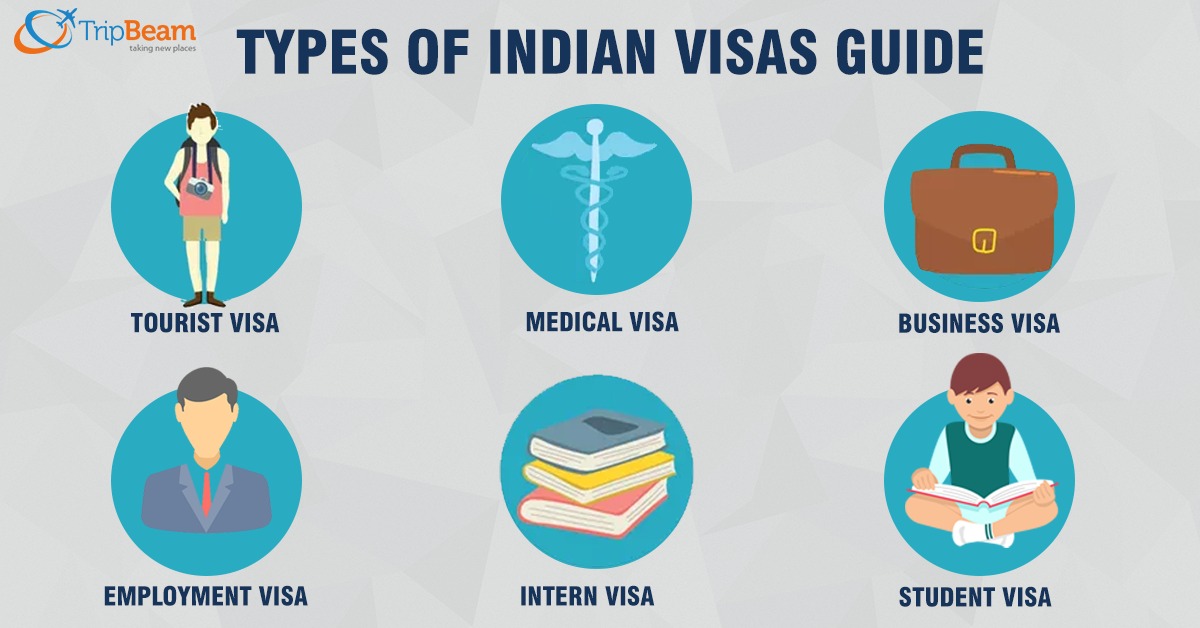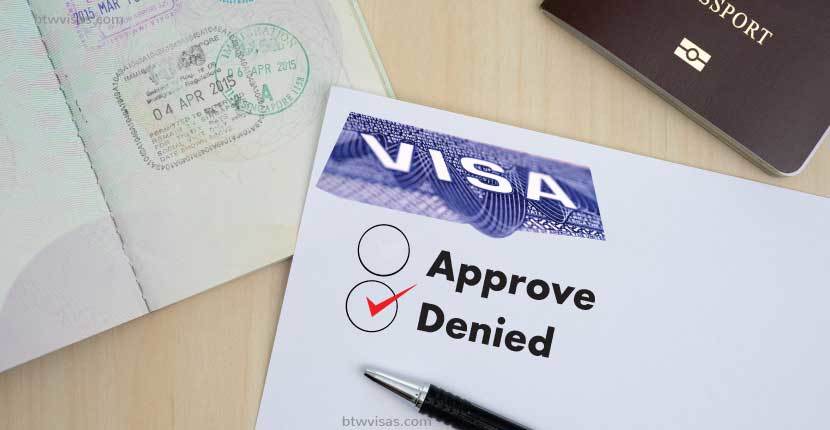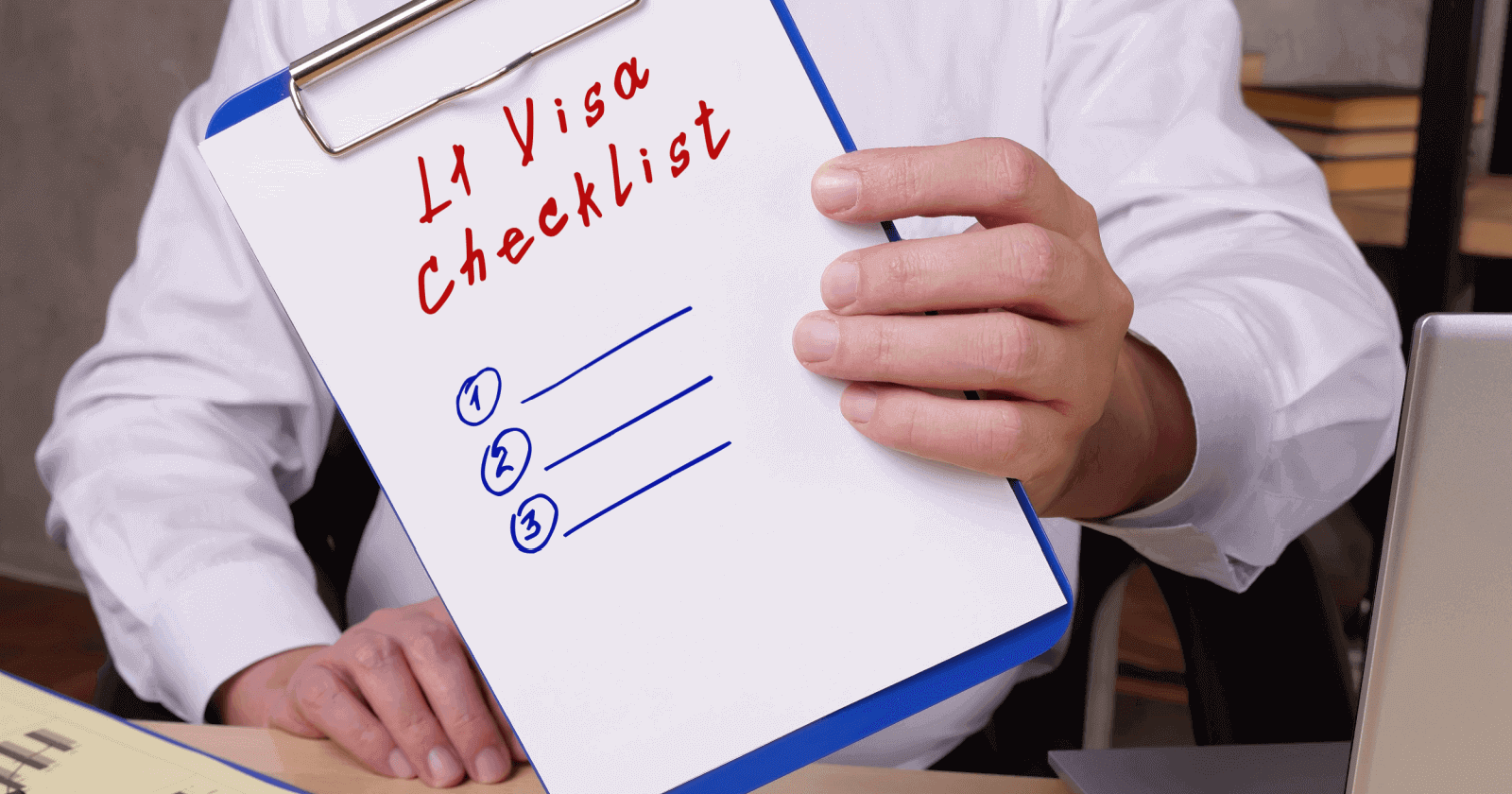When planning an international trip, one of the most important aspects is to prepare the necessary documents. These include passports, visas, air tickets, travel insurance, etc. if your documents do not meet the necessary criteria, your trip may be canceled. Considering how important it is, travelers should have their travel documents sorted in a timely manner.
The types of US visas seem to be the most complex for Indian travelers among other countries. A basic understanding of the various categories of US visas can avoid confusion and help you take care of the necessary documents.
It is important to note that for all categories of US visas it is strongly recommended to take out international travel insurance.
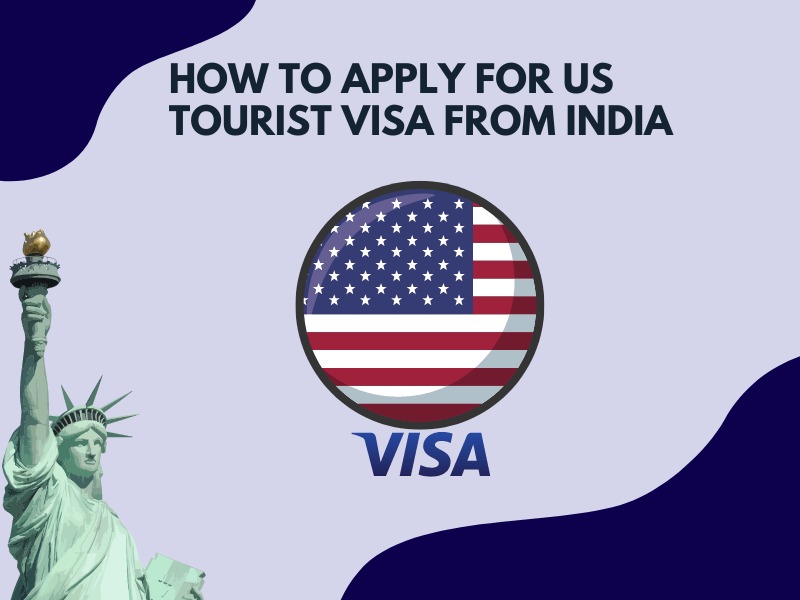
Let’s take a look at the different types of visas in the USA.
Different categories of US visas
Regardless of what type of US visa you are applying for, the process should begin in advance. Depending on the type of US visa you are applying for, the urgency of your visit and the location of your application, the waiting time for the appointment varies. It can range from 2 to 15 days.
There are basically two main categories of US visa types:
Nonimmigrant Visa: Travelers commonly referred to as B visa apply for this visa if they want to travel to the United States temporarily. The validity of the B visa is a maximum of six months. However, the validity of this visa varies from one to ten years, depending on the country of origin.
Immigrant Visa: If you are applying for permanent residence in the USA, you need to apply for an immigrant visa. Now that you have understood the main subjects of different types of visas in the USA, let’s take a detailed look at the application procedure for them.
Nonimmigrant visa for the USA
If you are planning a temporary trip to the USA, then to obtain a nonimmigrant visa, proceed as follows:
Step 1: Among all the categories of US visas that the US Embassy has entered, you need to determine which one applies to you
Step 2: correctly fill out the electronic application for a nonimmigrant visa DS-160
Step 3: The next step is to pay the fee for your visa type
Step 4: Once the fee is paid, you need to make an appointment with the consulate or visa application center and the US Embassy
Step 5: Visit the appointment center with all relevant documents, including:
Valid passport
- DS-160 Confirmation page
- Confirmation page for the appointment form
- A document confirming your visa type
Among the various types of US visas, the most common categories of nonimmigrant visas are listed here:
Tourist and Visiting visa (B-2) or Business visa (B-1) or a combination of these two types of visa (B-1/B-2)
Work Visa: H-1B, H-2A, H-3, H-4, L-1, L-2, O, P, Q
Student Visa: F-1 / M-1
Immigrant visa for the United States
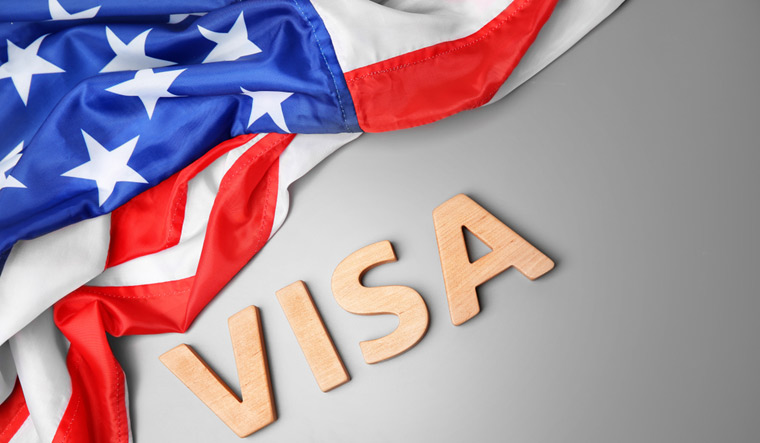
Here are the steps to get an immigrant visa to the USA:
Step 1: Get USCIS approval for an immigration application (US Citizenship and Immigration Services). An eligible parent or potential employer can file the application with a USCIS office in the country. You will need to forward a completed Form I-130 to the mailbox of USCIS Chicago if you are filing a petition from India.
Step 2: Based on the instructions received from the National Visa Center (CNV) or the embassy, you will need to undergo a medical examination
Step 3: Once you have received your immigrant visa, you will have to pay the related additional immigration fees, after which you will be able to travel to the USA
Among the various types of US visas, the most common categories of immigrant visas are those sponsored by the immediate family or a parent:
- Spouse of a citizen of the United States: IR1, CR1
- Spouse of a US citizen waiting for an immigration application I-130 Permit: K-3
- Fiancé who is to marry a US citizen and live in the USA: K-1
So far we have discussed the number of types of visas in the USA. We also talked about the app details for each type. Now let’s understand the general rules for all types of US visas.
Things to consider when applying for a US visa
Knowledge of the general rules that apply to the US visa application procedure can ensure a smooth application process. Here are some things to keep in mind before applying for a US visa:
- Make sure that your passport is valid for at least six months beyond the expected duration of your stay in the USA.
- The answer to the reason for your stay should be clear and unambiguous. In addition, applicants must have direct and unambiguous answers about the duration of their stay in the USA, proof of finances to cover the trip, proof of residence and a sufficient reason for returning to their home country. Most matters of visa refusal occur because these answers have not been clearly explained.
- You can no longer be eligible for a US visa on a permanent basis if you submit forged documents to the relevant authorities.
- You should be especially careful when filling out the electronic application for a nonimmigrant visa DS-160, since no changes are allowed after submitting the form.
- Although the visa application takes about three working days, travelers are advised to apply for their visa at least three months in advance.
The Importance of International Travel Insurance When Traveling to the USA
Let’s get rid of an urgent question: is travel insurance mandatory for entering the USA? In a word, no. So, if travel insurance is not mandatory, why should you get it? Here are some reasons to convince you to cover your trip to the USA with international travel insurance:

The USA is known for having one of the most expensive health care systems in the world, and your health insurance in your home country does not cover you in the USA. In essence, this means that if something should go wrong during your trip, you will have to pay an exorbitant amount to be treated in a US hospital. Without comprehensive travel insurance to cover these unexpected expenses, you could have to significantly reduce your savings and even shorten your trip.
For many, traveling to the USA is the trip of a lifetime. On an expensive trip, even minor inconveniences can cause high costs. Imagine that you miss your flight or it is delayed. This would mean that you might be considering re-booking your flight and changing your hotel reservations. Within such a period, you can simply make a travel insurance claim and you will be compensated for your inconvenience.
Tata AIG’s comprehensive travel insurance is equipped for a variety of unpleasant scenarios, from passport loss and delayed flights to misdirected luggage and medical emergencies.

